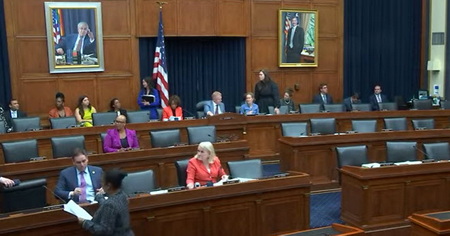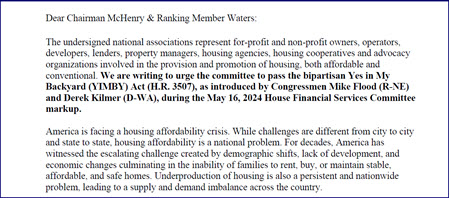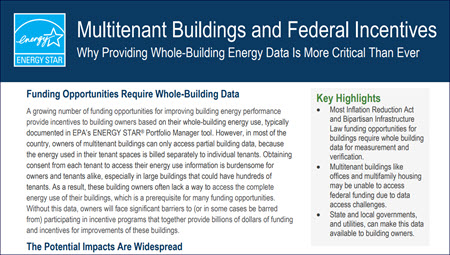
Yesterday, the House Financial Services Committee passed the bipartisan Yes in My Backyard (YIMBY) Act, which would help eliminate discriminatory land use policies and remove barriers to production of affordable housing. The Roundtable and 17 other national organizations submitted a letter of strong support for the bill the day before the committee mark-up. (Coalition letter, May 15 | Committee news release and video of committee mark-up, May 16)
Affordable Housing
Roundtable Support

Next week, a House Energy Subcommittee will hold a hearing on “Green Building Policies: Jeopardizing the American Dream of Homeownership.” The May 22 hearing will focus on excessive regulations that constrict housing supply, including a recent Biden administration “final determination” that all new single- and multifamily homes financed with federal mortgages must be built to stringent “model energy codes.” (Roundtable Weekly, May 3)
# # #

A new Environmental Protection Agency (EPA) campaign seeks to assist building owners in obtaining data from utilities on energy used by tenants in leased spaces. Stakeholders are encouraged to complete EPA’s brief Whole-Building Energy Data survey by Friday, June 7.
Access to Whole-Building Data is Critical
Roundtable Advocacy
EPA’s Campaign

EPA’s campaign will be among the topics discussed during The Roundtable’s Sustainability Policy Advisory Committee (SPAC) Meeting on June 21 in Washington, D.C., held in conjunction with the RER’s all-member Annual Meeting on June 20.
# # #

This week, the publication Commercial Observer released their “Power 100” list of prominent industry influencers, which includes Real Estate Roundtable Chair-Elect Kathleen McCarthy (Global Co-Head of Blackstone Real Estate, Blackstone), Chairman Emeritus (2015-2018) William C. Rudin (Co-Executive Chairman, Rudin), Roundtable President and CEO Jeffrey DeBoer, and nearly 30 other Roundtable members. (Power 100 2024 – Commercial Observer)
CRE Industry Leadership
The Roundtable’s Role

# # #